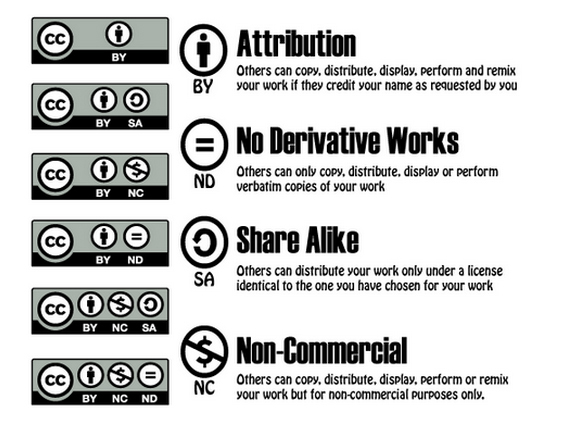A.
If you are the copyright holder, you can choose how you allow others to access, distribute, reproduce, or remix your work as long as you have not already signed over any of your exclusive rights to a third party.
Often, people make their work more “open” by applying a creative commons license to their work. Creative commons licenses can be applied to written, audial, visual, and multimedia works. Anything that can be copyrighted can have a creative commons license, and most OA publications already use creative commons licensing (as in, the author keeps the copyright and licenses it to the publisher using one of these licenses).
These licenses are designed to be transparent and flexible and to allow creators to choose parts of their copyright that they want to keep exclusive and parts that they want to open up. The below table compares different creative commons licenses by what they allow:

Learn more about each license on the creative commons website, or reach out to us at scholarlycommunications@bucknell.edu for a consultation on what license meets your needs.
No matter the type of work or license, you can use a personal website, and Digital Commons if you are Bucknell faculty, to enhance the visibility and accessibility of your research and creative works of scholarship.